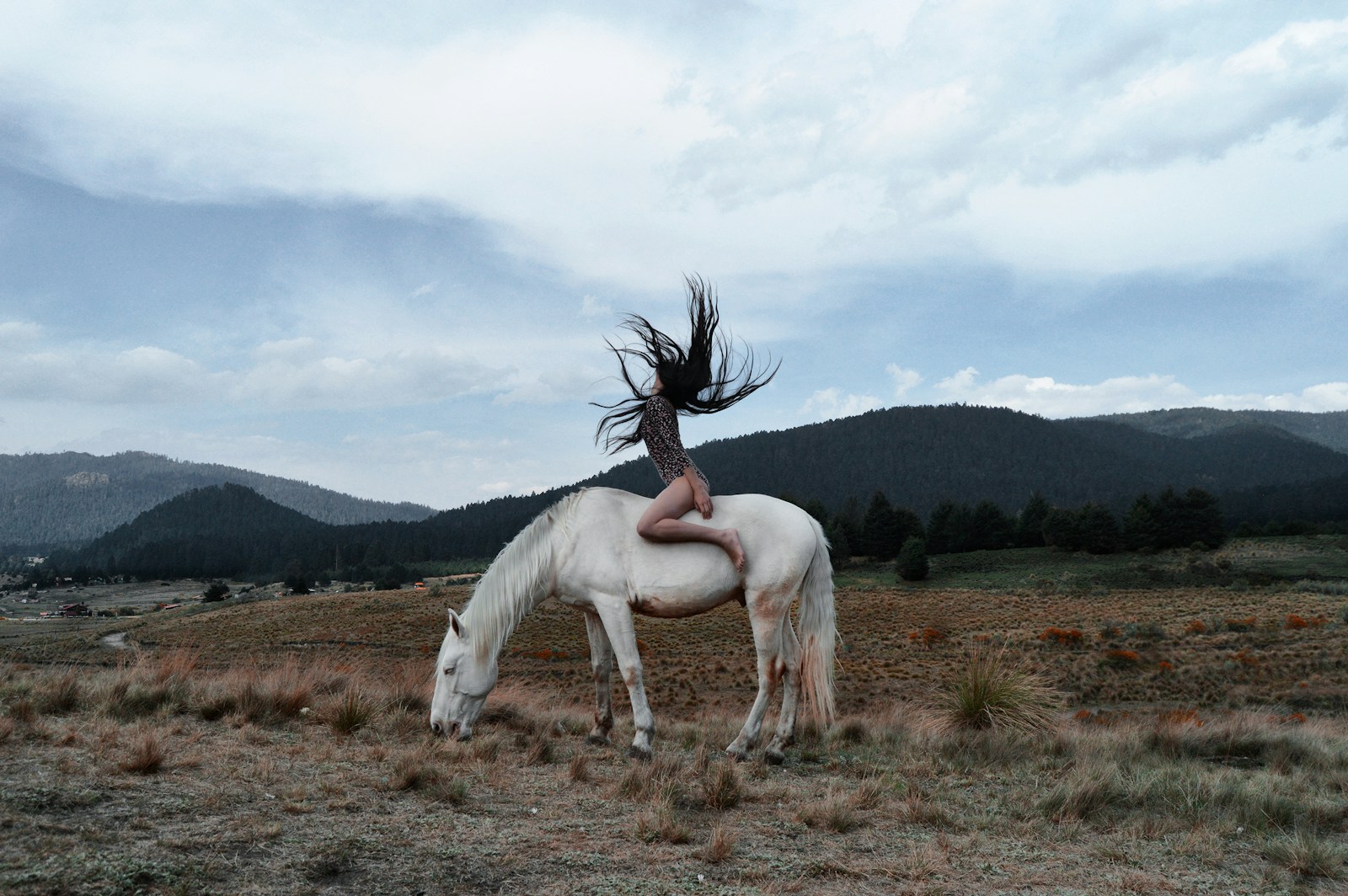
agreste

wild
The Spanish word 'agreste' translates to 'agreste' in English. In a broader context, it often refers to something rural, wild, or unpolished. It can be used to describe nature, landscapes, or even characteristics of a person that suggests they are unsophisticated or rough around the edges. Like many words, its exact meaning can vary based on context.
Example sentences using: agreste
Me gusta el sabor agreste de este vino.

I like the rough taste of this wine.
In this sentence, 'agreste' describes the robust and strong flavor of the wine.
La belleza agreste de la montaña me atrapó de inmediato.

The rough beauty of the mountain captured me immediately.
In this sentence, 'agreste' is used to describe the wild and rugged beauty of the mountain, relating to its unspoiled, natural state.
El terreno agreste dificultó nuestro camino al pueblo.

The rough terrain made our way to the village difficult.
The term 'agreste' is used here to depict the harsh and untamed condition of the terrain, causing the journey to the village to be challenging.
Fue criado en una región agreste y se convirtió en una persona fuerte.

He was raised in a wild region and became a strong person.
This phrase uses 'agreste' to describe a rough and wild region, which has produced a resilient person.
El clima agreste en la cumbre impidió la expedición.

The harsh weather at the summit halted the expedition.
In this context, 'agreste' describes the severe and inhospitable weather condition at the peak that hampered the expedition.
Había una belleza agreste en el paisaje desolado.

There was a rugged beauty in the desolate landscape.
'Agreste' is used here to capture the raw and untouched beauty of the desolate landscape.
Esta planta agreste puede sobrevivir bajo condiciones extremas.

This harsh plant can survive under extreme conditions.
Here, 'agreste' is used in the context of a plant's survival in severe or extreme conditions.
La naturaleza agreste del noroeste es impresionante.

The wild nature of the northwest is impressive.
This sentence uses 'agreste' to highlight the raw and wild nature of the northwest region.
El viento agreste silbaba en la noche.

The harsh wind whistled in the night.
In this context, 'agreste' describes the rough and strong wind blowing during the night.
El caballo agreste resistió toda doma.

The wild horse resisted all taming.
Here, 'agreste' is used to symbolize the horse's strong, untamed, and independent spirit.